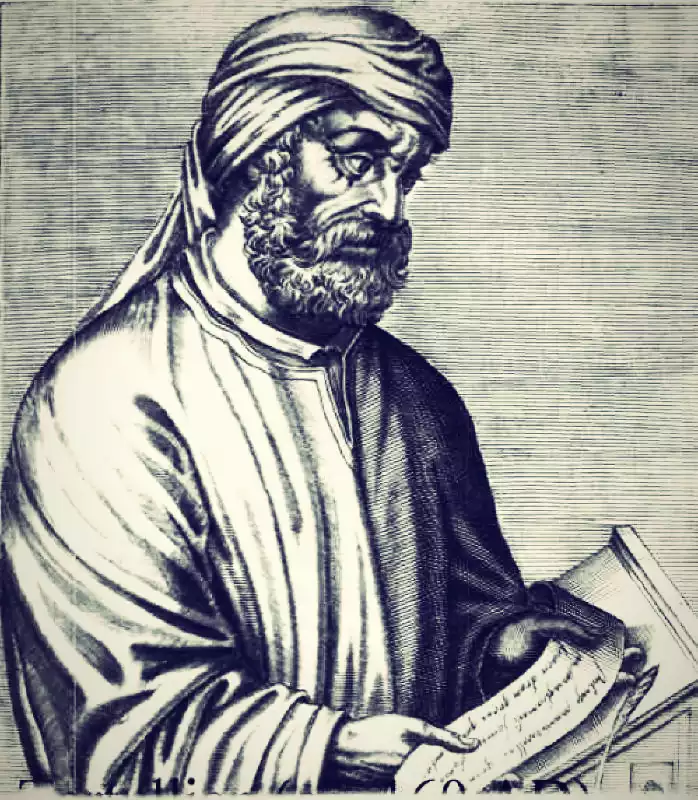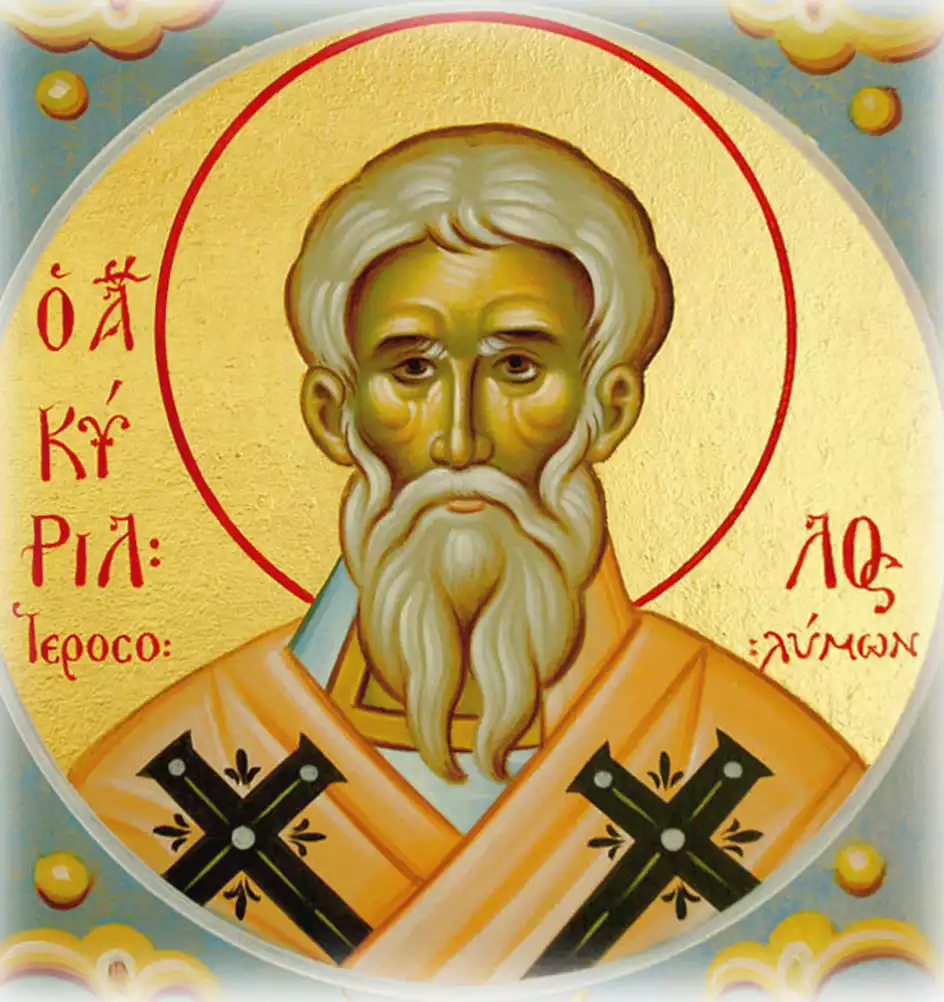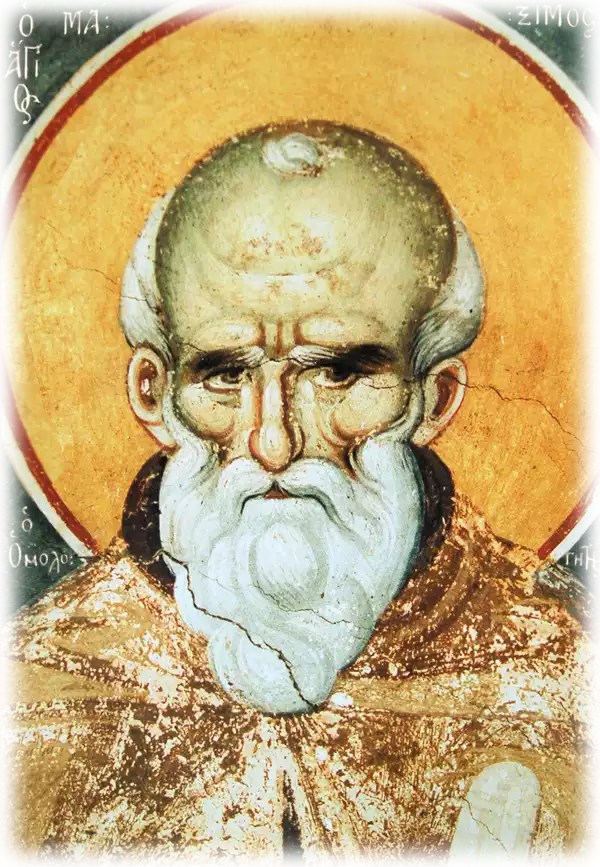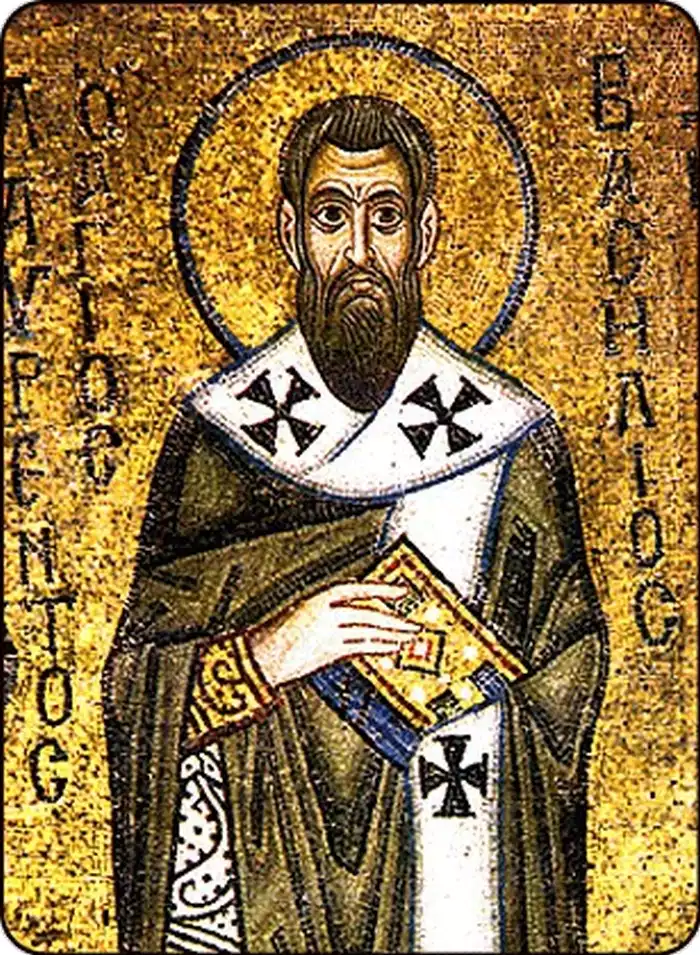Novatian: Schismatic Saint or Heretic?

Novatian (c. 200-258) was a Roman theologian and priest who held unbending views on church purity and penance. After failing to be elected Bishop of Rome in 251, Novatian broke ties with the mainstream church and formed a dissident sect. Despite his controversial split, Novatian made important contributions to early Christian theology. Novatian’s Rigorous Theology […]
Cyril of Jerusalem, Saint: Early Church Father and Catechist

Saint Cyril served as bishop of Jerusalem during a turbulent period in the mid-4th century AD. He faced exile and persecution for his orthodox faith, but continued to pastor his flock. Saint Cyril is best known for his Catechetical Lectures, used to instruct new believers in the fundamentals of Christianity. These lectures offer invaluable insight […]
110 AD Ignatius of Antioch coins term “Catholic” meaning Universal Church
In the pivotal year of 110 AD, a momentous term was articulated by Bishop Ignatius of Antioch that would indelibly shape the Christian lexicon: ‘catholic’. Derived from the Greek word ‘Καθολική’ (katholikē), it elegantly fuses ‘κατά’ (kata, ‘about’) and ‘ὅλος’ (holos, ‘whole’) to signify ‘universal’ or ‘concerning the whole’. This linguistic gem encapsulates the essence of inclusivity and totality, a concept that Ignatius fervently embraced and propagated. Born around 35 AD and embracing martyrdom in 108 AD, Ignatius stands as a monumental figure in early Christian history. His profound ideation of a church that transcends geographical and cultural confines, serving as a spiritual haven for all, marked a significant evolution in the Church’s understanding of itself. Through his teachings and writings, particularly during his journey to martyrdom, Ignatius of Antioch championed a vision of the Church as a universal entity, a community unbounded by earthly divisions, united in faith and purpose.
Ignatius of Antioch, Saint: The Journey to Martyrdom
Discover the Enduring Legacy of a Pioneering Christian Theologian Born in the early 1st century, Ignatius of Antioch, often revered as Saint Ignatius, emerged as a pivotal figure in early Christianity’s formative years. His death, traditionally dated to around 107 AD, marked the culmination of his influential journey as a theologian and bishop. Ignatius’ writings, […]
Maximos the Confessor, Saint: Unveiling Mystic Insights

Diving into the spiritual depths of the early Christian era, we encounter Saint Maximos the Confessor (c. 580 – 13 August 662), a figure whose impact on Christian theology and philosophy remains profoundly influential. His life, a tapestry woven with threads of devotion, intellectual rigor, and unwavering faith, offers a unique lens through which to […]
Ordination Across Christian Denominations

Ordination in Christianity, known in Greek as “χειροτονία” (cheirotonia), derived from “χείρ” (hand) and “τένω” (to stretch), etymologically signifies the laying on of hands. This practice, deeply rooted in both scripture and tradition, varies in interpretation and application among different Christian denominations. The concept of ordination represents a pivotal rite in many Christian traditions, encompassing […]
Basil the Great, Saint

Saint Basil the Great (330-379 AD), renowned for his influential role in the development of early Christian monasticism and theology, remains a pivotal figure in the history of the Christian Church. Born into a family deeply rooted in Christian faith, Basil’s life and works spanned a period of significant religious and cultural transformation. His death […]
